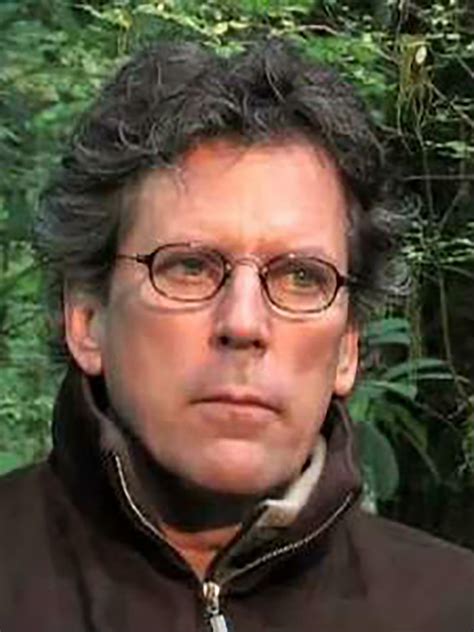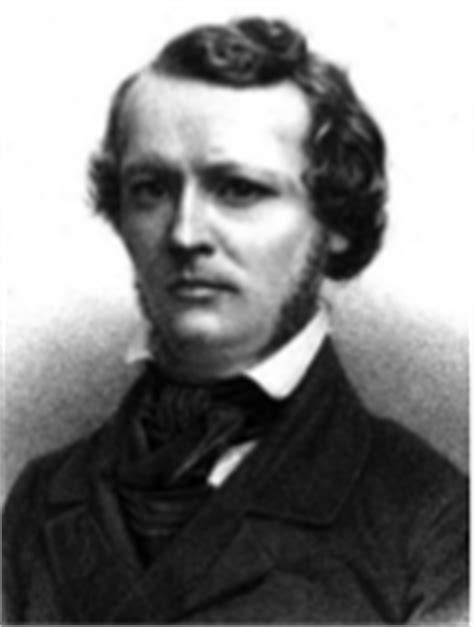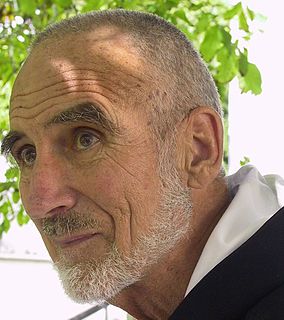A Quote by William Wordsworth
My eyes are dim with childish tears, My heart is idly stirred, For the same sound is in my ears Which in those days I heard.
Related Quotes
For a year after that was done to me I wept every day at the same hour and for the same space of time. That is not such a tragic thing as possibly it sounds to you. To those who are in prison tears are a part of every day's experience. A day in prison on which one does not weep is a day on which one's heart is hard, not a day on which one's heart is happy.
Some of the memories were not clear - -dim human memories, seen through weak eyes and heard through weak ears: the first time I'd seen his face... the way it felt when he'd held me in the meadow... the sound of his voice through the darkness of my faltering consciousness when he'd save me from James... his face as he waited under a canopy of flowers to marry me... every precious moment on the island... his cold hands touching our baby through my skin.
I wasted time, and now doth time waste me; For now hath time made me his numbering clock: My thoughts are minutes; and with sighs they jar Their watches on unto mine eyes, the outward watch, Whereto my finger, like a dial's point, Is pointing still, in cleansing them from tears. Now sir, the sound that tells what hour it is Are clamorous goans, which strike upon my heart, Which is the bell: so sighs and tears and groans Show minutes, times, and hours.
It is my eyes which see, and the sight of my eyes grants beauty to the earth. It is my ears which hear, and the hearing of my ears gives its song to the world. It is my mind which thinks, and the judgement of my mind is the only searchlight that can find the truth. It is my will which chooses, and the choice of my will is the only edict I must respect.
Everything you say or allow into your eyes or ears becomes data that is stored in your heart. That data is later replayed during your prayer. If you want to know what is filling your heart, look at what you think about in your prayer. If you want to guard your heart, guard your eyes, ears, and tongue.
Thou wast not born for death, immortal Bird! No hungry generations tread thee down; The voice I hear this passing night was heard In ancient days by emperor and clown: Perhaps the self-same song that found a path Through the sad heart of Ruth, when, sick for home, She stood in tears amid the alien corn; The same that ofttimes hath Charm'd magic casements, opening on the foam Of perilous seas, in faery lands forlorn.
This soldier, I realized, must have had friends at home and in his regiment; yet he lay there deserted by all except his dog. I looked on, unmoved, at battles which decided the future of nations. Tearless, I had given orders which brought death to thousands. Yet here I was stirred, profoundly stirred, stirred to tears. And by what? By the grief of one dog. Napoleon Bonaparte, on finding a dog beside the body of his dead master, licking his face and howling, on a moonlit field after a battle. Napoleon was haunted by this scene until his own death.





































